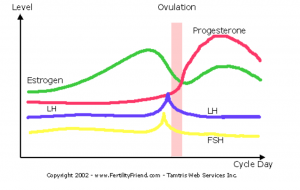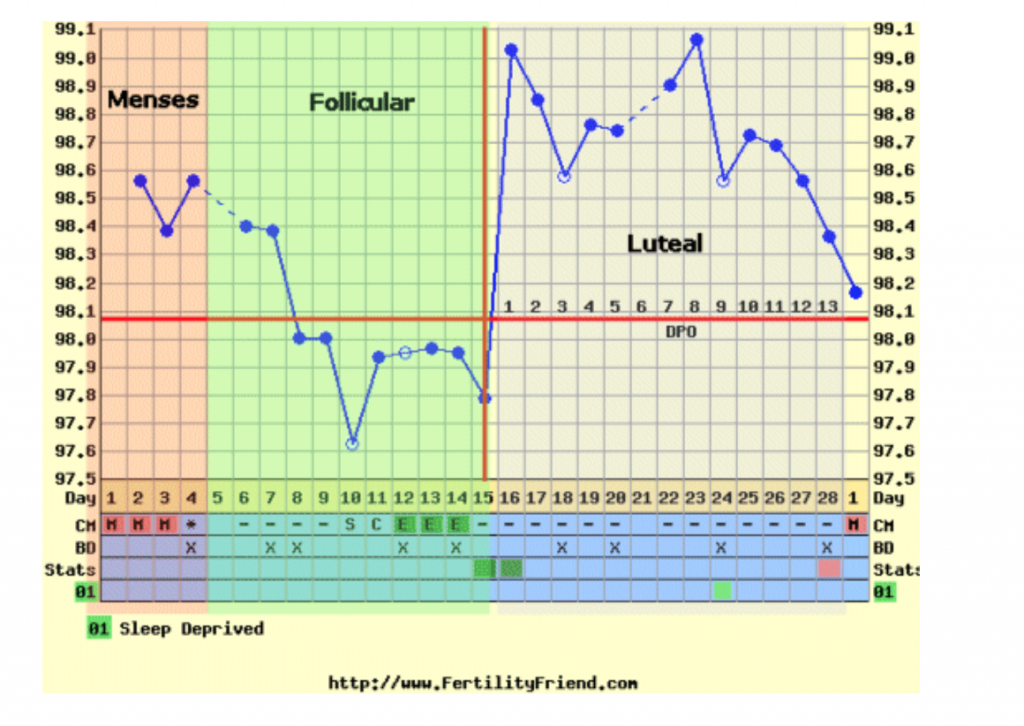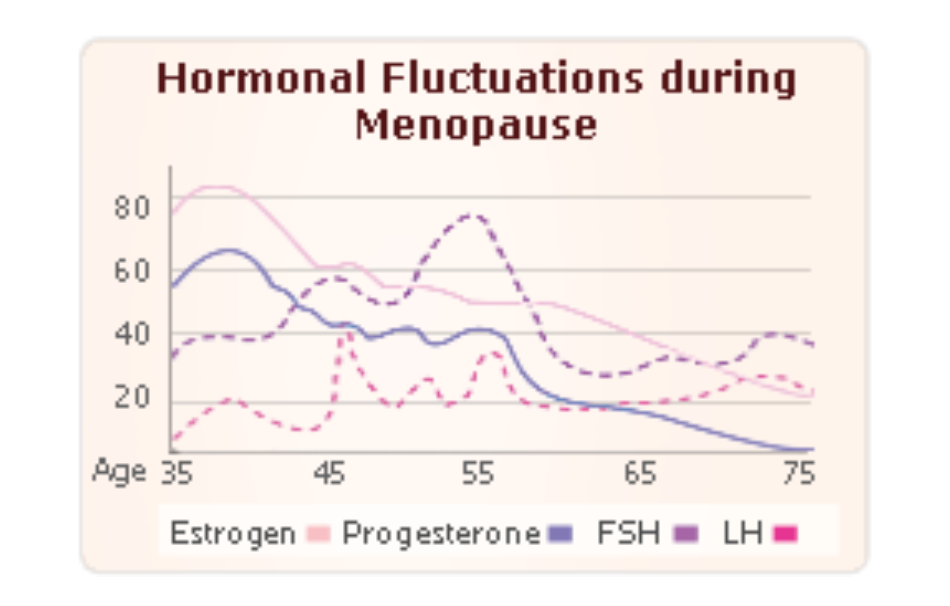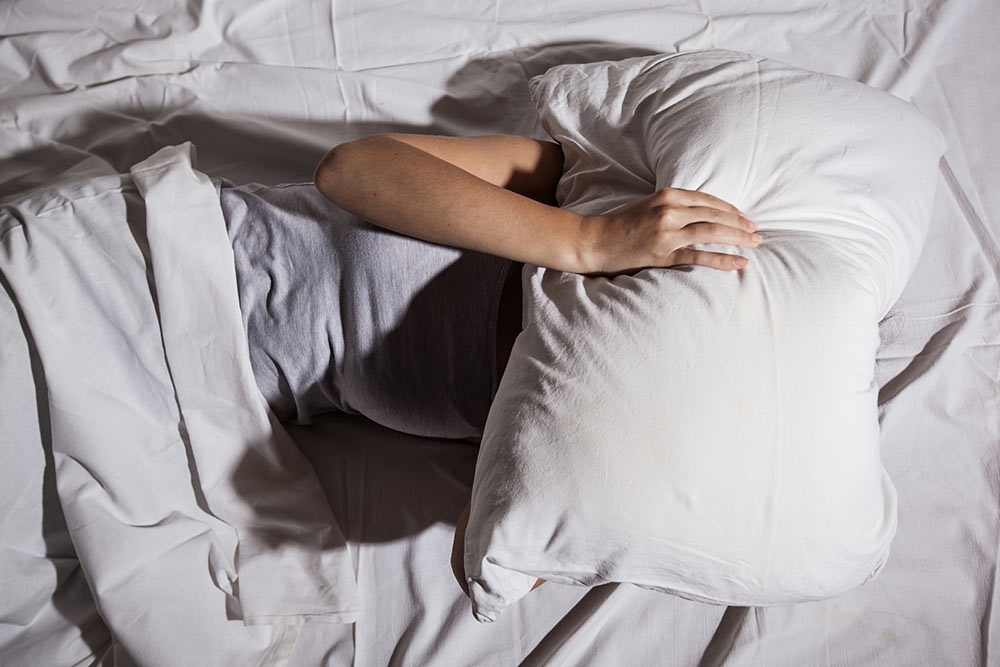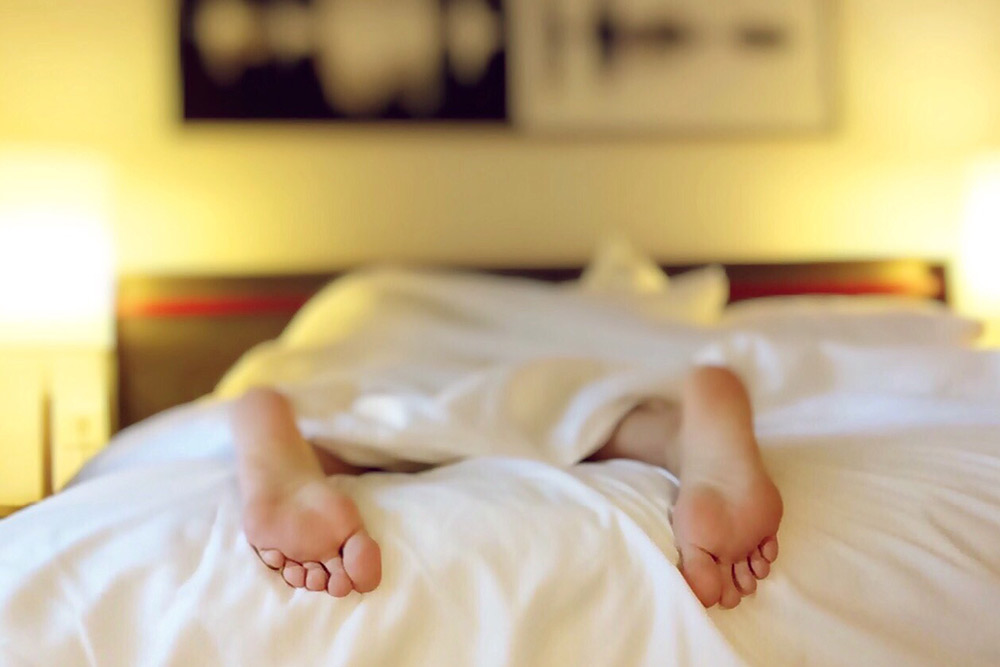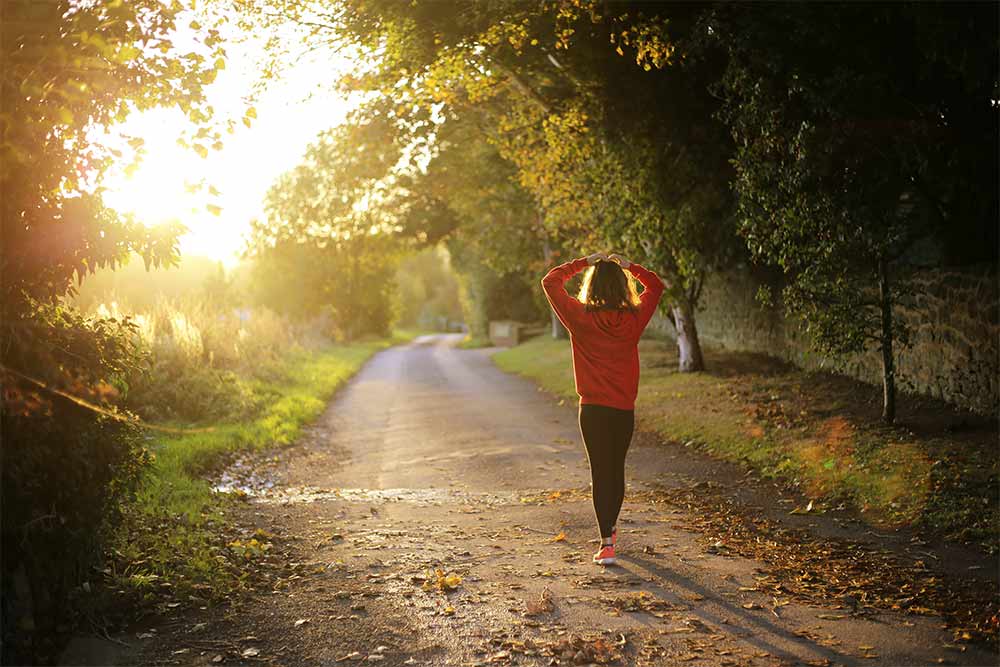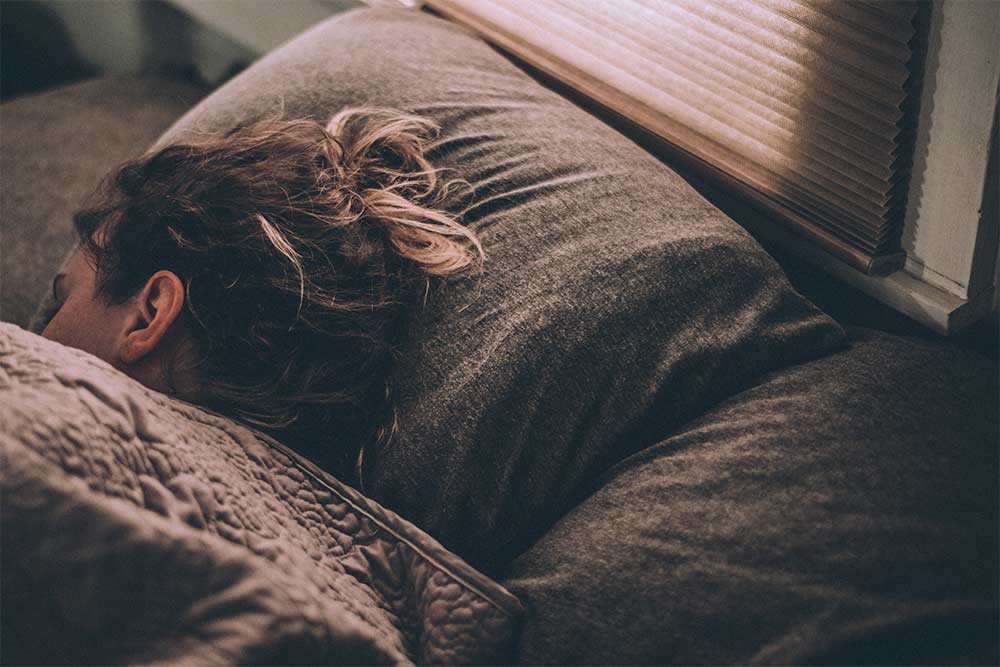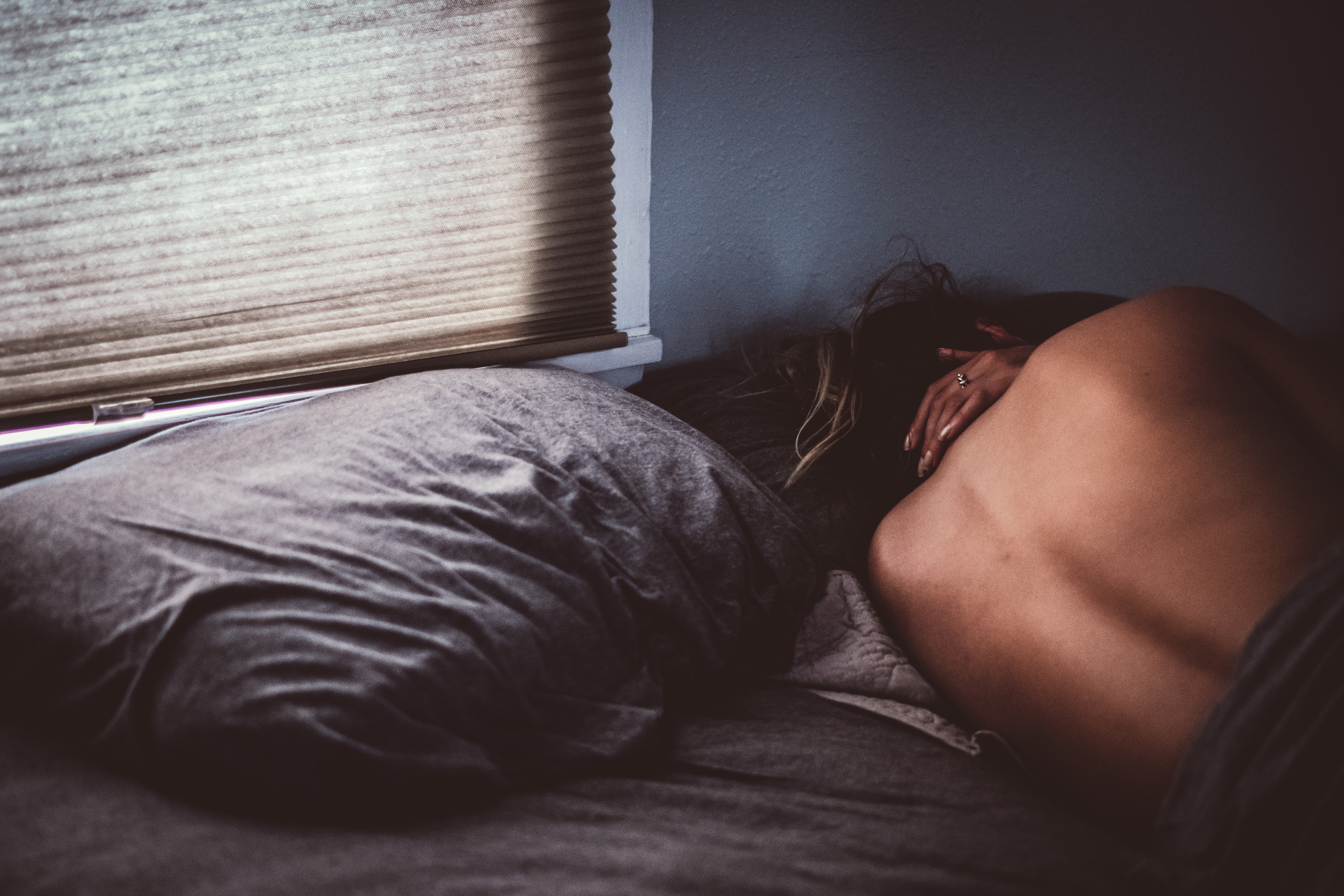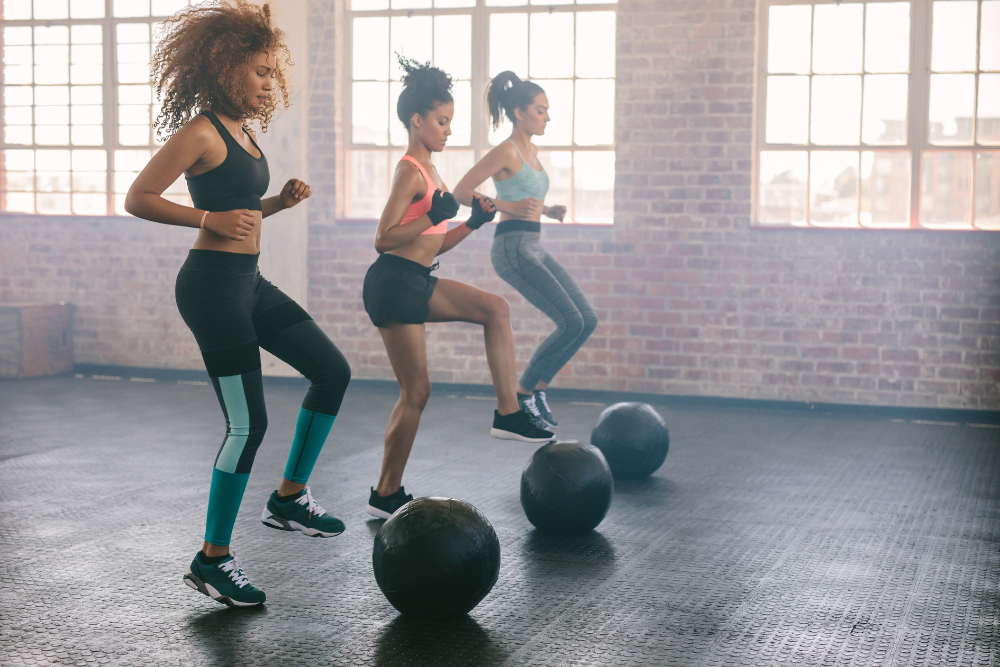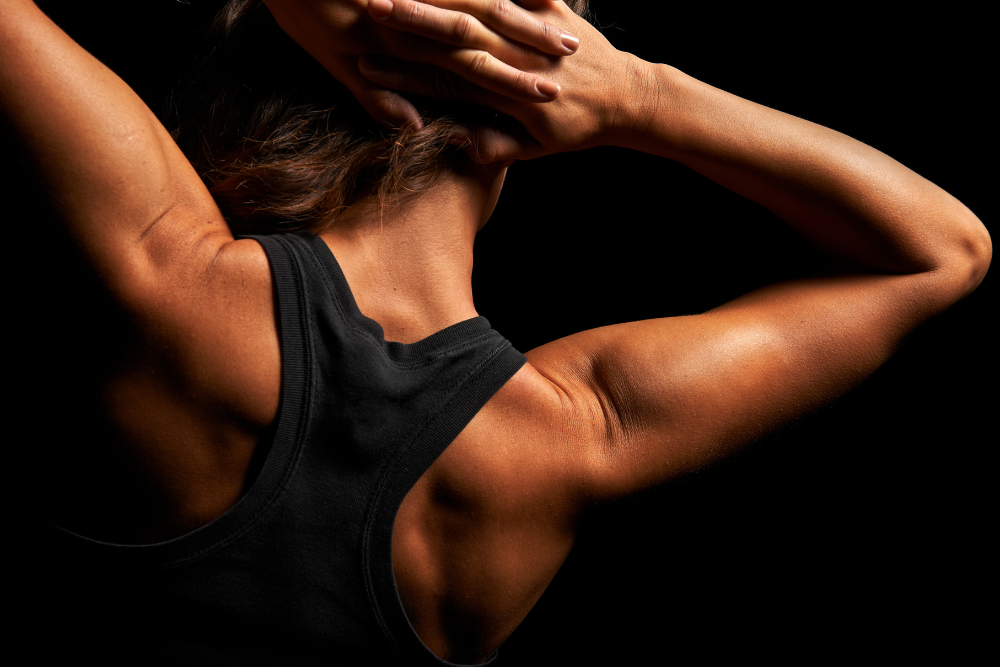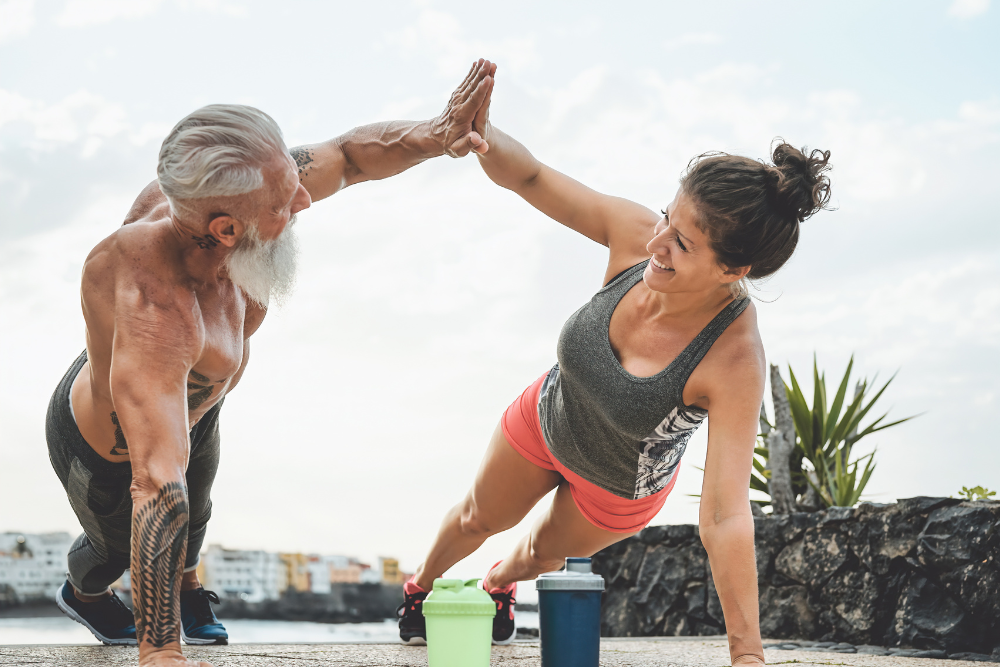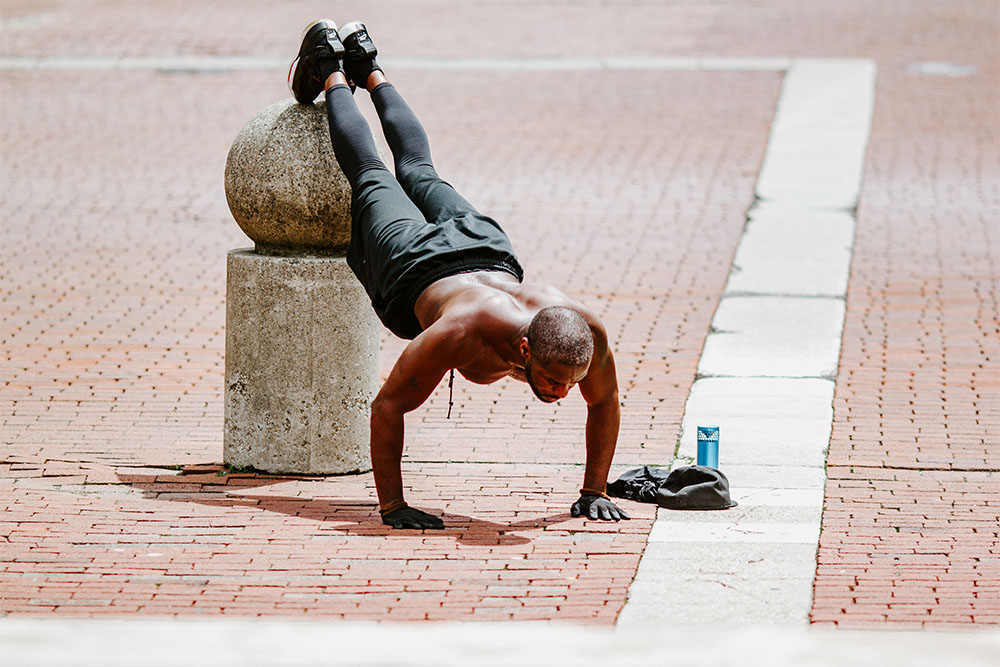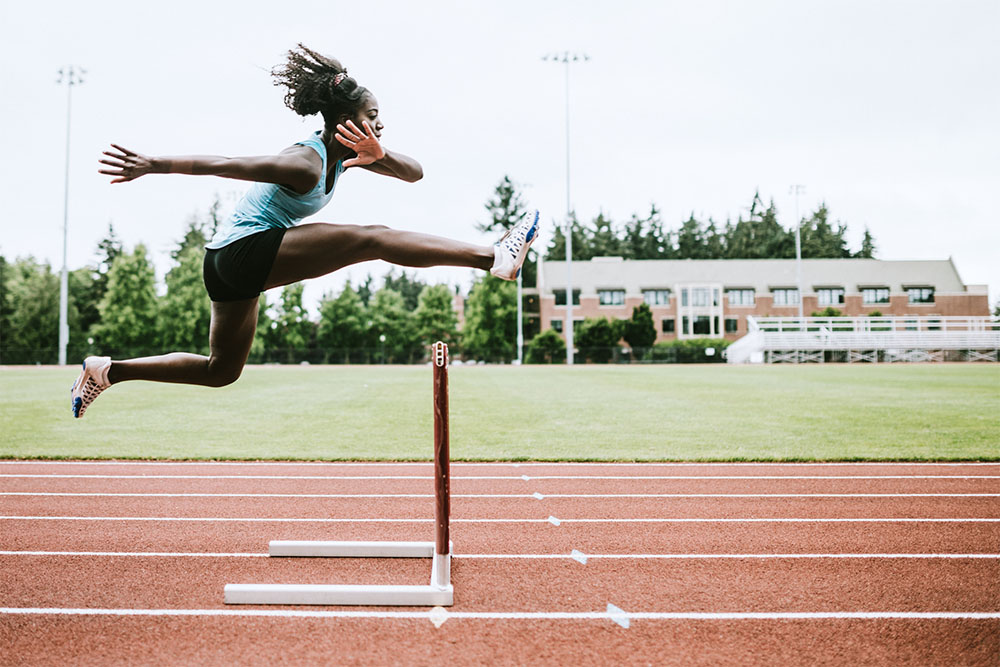The Stages Of A Woman’s Sleep Life: Menstruation and Menopause

Adriane Cook
B.S. Kinesiology, Michigan State University
Is it true that men tend to sleep better than woman?
Researchers believe “Sex differences in sleep begin at a very early age and women report poorer sleep quality and have higher risk for insomnia than do men.” (Sleep and Women’s Health, National Center for Biotechnology Information, U.S National Library of Medicine)
So what sleep stages does a woman experience throughout her lifetime? What factors determine quality sleep in each phase of life, and what can be done to enjoy the best sleep possible? Read on!
MENSTRUATING WOMEN
In this stage of life, a woman experiences a cycle and rhythm unique to her, but the general sleep factors are the same.
The above study says, “The menstrual cycle of healthy women is characterized by cyclic changes in production of estradiol, progesterone, lutenizing hormone, follicle stimulating hormone, prolactin, and growth hormone. Reproductive hormones not only regulate reproductive function during the menstrual cycle, but also influence sleep and circadian rhythms.”
Wow! That much activity is no snooze!
If a woman has trouble getting quality sleep during this stage of her life, there are many factors that could come into play.
Some researchers believe Premenstrual Syndrome (PMS) and Premenstrual Dysphoric Disorder (PMDD) and their associated negative menstrual symptoms, could be probable factors for poor sleep quality. One suggested reason is the decline in estrogen and progesterone in the last few days of a woman’s cycle. “Due to these methodological issues and the limited nature of these studies, much remains unknown about premenstrual sleep.” (Sleep and Women’s Health, National Center for Biotechnology Information, U.S National Library of Medicine)
Related Article: Exercise and PMS
There are steps a woman can take, however, to improve her sleep patterns. Engaging in a healthy and active lifestyle, as well as being an educated advocate for her own body goes a long way.
The National Sleep Association says, “Although the exact mechanisms are unknown, there are many possibilities for how exercise may reduce insomnia severity. One way may be by the body-heating effects of exercise, especially when performed in the afternoon or later. Exercise triggers an increase in body temperature, and the post-exercise drop in temperature may promote falling asleep. Exercise may also reduce insomnia by decreasing arousal, anxiety and depressive symptoms. Insomnia is commonly linked with elevated arousal, anxiety, and depression, and exercise has strong effects on reducing these symptoms in the general population. Finally, exercise may reduce insomnia by its effects on circadian rhythms (body clock). For people with insomnia due to the timing of their body clock, exercise may shift its timing depending upon the time exercise is performed.”
Related Article: Exercise Induced Sleep Improvements
It’s also beneficial for a female to educate herself on her unique cycle and rhythm. This can be done through charting temperatures and cervical fluid to determine the length of the menstrual cycle, follicular phase, and luteal phase respectively. It is also advantageous to record negative menstrual symptoms and the timing in which they occur.
Although this phase can be complex and complicated, education and a healthy lifestyle are women’s best tools for obtaining quality sleep.
MENOPAUSAL WOMEN
“Menopause is defined as the cessation of menstruation due to degeneration of ovaries and follicles accompanied by changing ovarian hormone levels (estrogen and progesterone).” (Sleep and Women’s Health, National Center for Biotechnology Information, U.S National Library of Medicine)
With this natural life transition it is common to experience “hot flashes, night sweats, insomnia, mood changes, fatigue, and excessive daytime sleepiness.” In fact, fatigue and insomnia are extremely common in women experiencing menopause.
Many studies conclude similar results to the 2005 NIH State-of-the-Science Conference panel [which reports] sleep disturbance was identified as a core symptom of menopause. The prevalence of insomnia, defined as disturbed sleep associated with distress or impairment, is estimated at 38–60% in peri- and postmenopausal women. ).” (Sleep and Women’s Health, National Center for Biotechnology Information, U.S National Library of Medicine)
Many attempts to improve sleep quality for women in this phase of life have included hypnosis, sedatives, anti-depressants, and hormone replacement therapy. The effectiveness of hormone replacement therapy is still unclear, with some research pointing towards positive results and other studies showing no benefits whatsoever.
In addition to the above suggestions, positive sleep progress has been made through non-pharmaceutical methods such as acupuncture, reflexology, mindfulness, stretching and exercise.
Related Article:Do Female Athletes Need More Sleep?
“Both stretching and exercise interventions may improve sleep quality in…postmenopausal women. Increased fitness was associated with improvements in sleep.” (Effects of a Yearlong Moderate-Intensity Exercise and a Stretching Intervention on Sleep Quality in Postmenopausal Women, Journalsleep.org) Furthermore, a woman should never underestimate the power of a healthy nutrient-dense diet and an educated, well trusted physician!
This phase of life can be frustrating for women and researchers alike. A woman can set herself up for optimal rest by engaging in a healthy, active, and low- stress lifestyle, while simultaneously implementing one small, educated change at a time to determine its effectiveness. Maintaining regular visits with a trusted physician can also aid a woman in this unique phase of life.
Each stage of a woman’s life comes with a variety of hormonal and environmental changes. In Part 2, we will discuss sleep for the pregnant and postpartum woman. In each phase, however one thing is certain: a healthy, active woman who takes charge of her body has the greatest opportunity for quality sleep and rest.
Get rested for Part 2!
Related Article: Sleep Well: Effects On Aging Athletes And Sleep
You Might Like:

